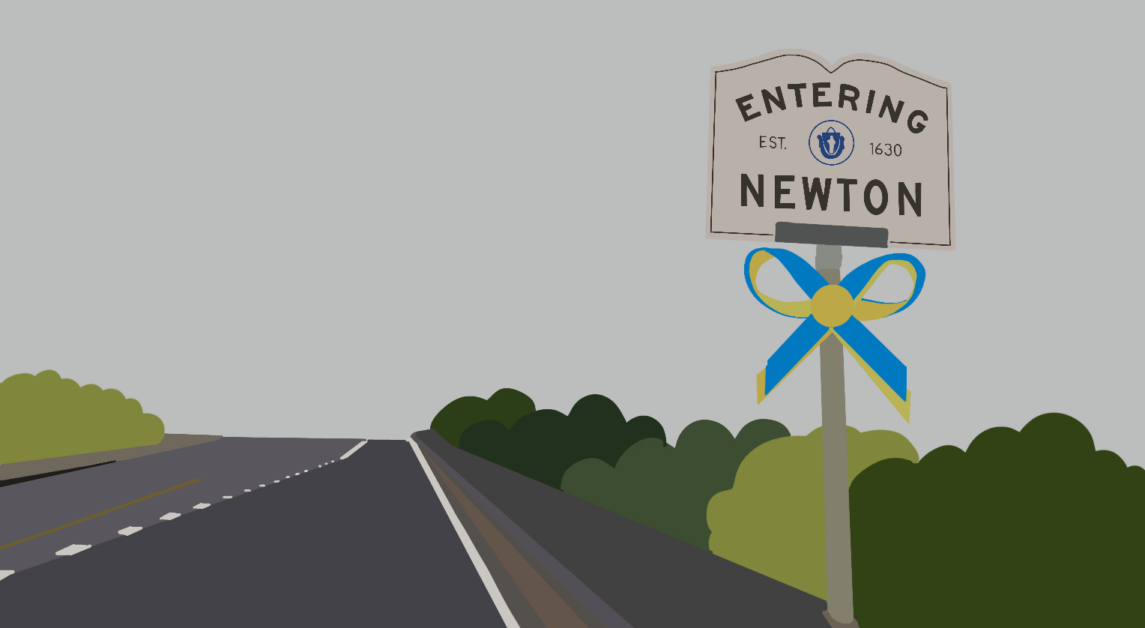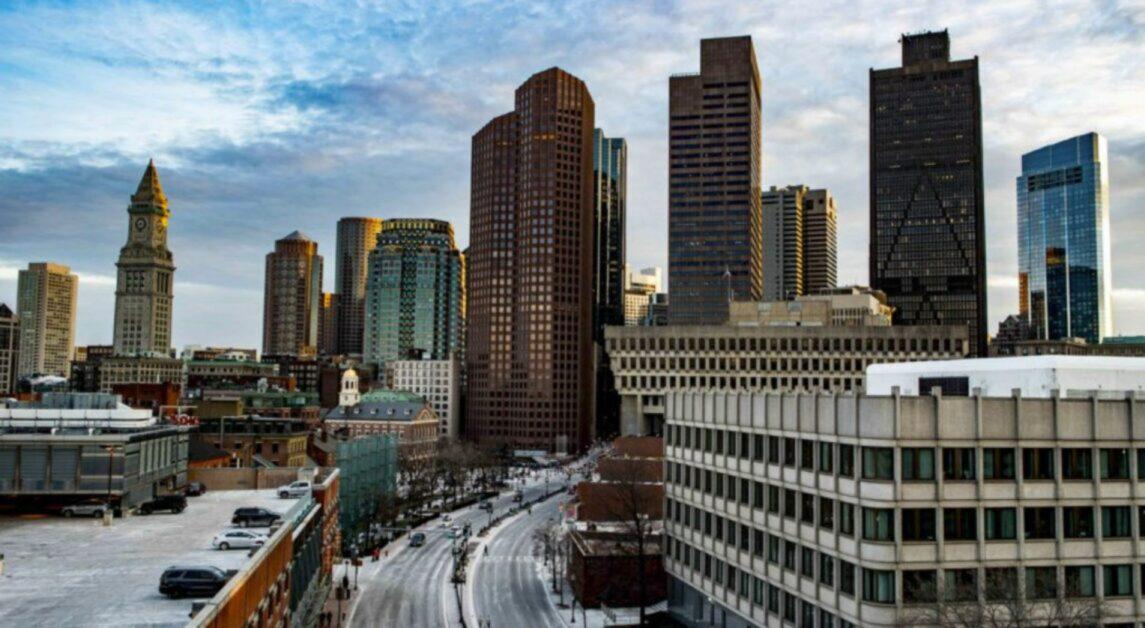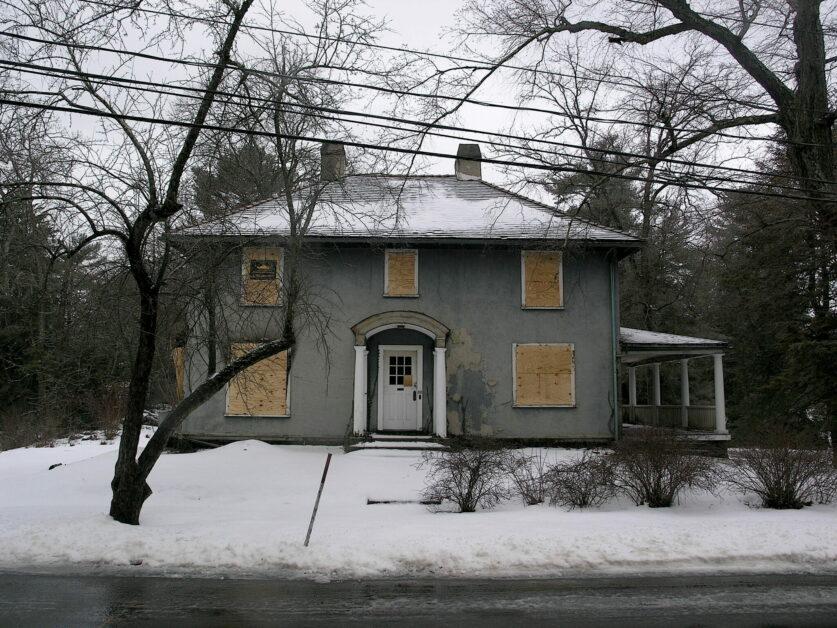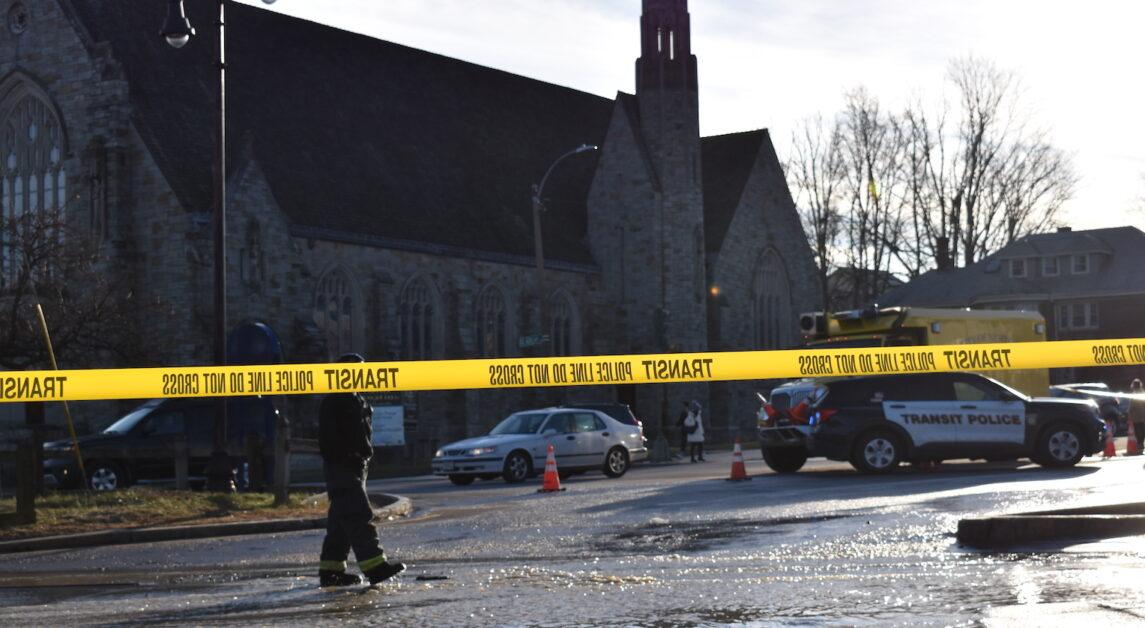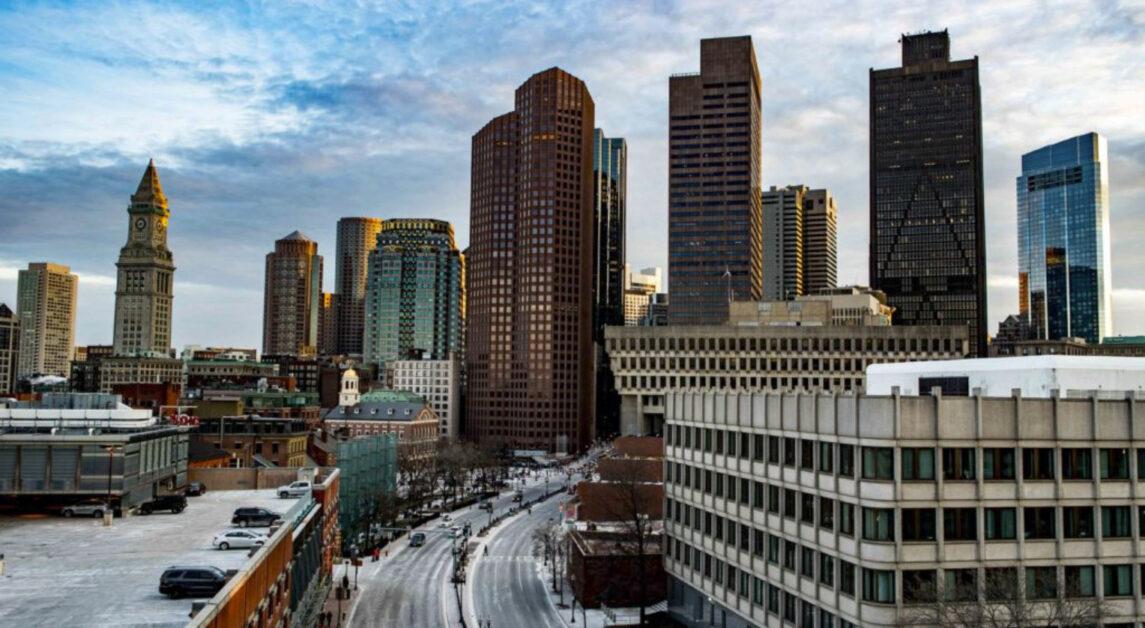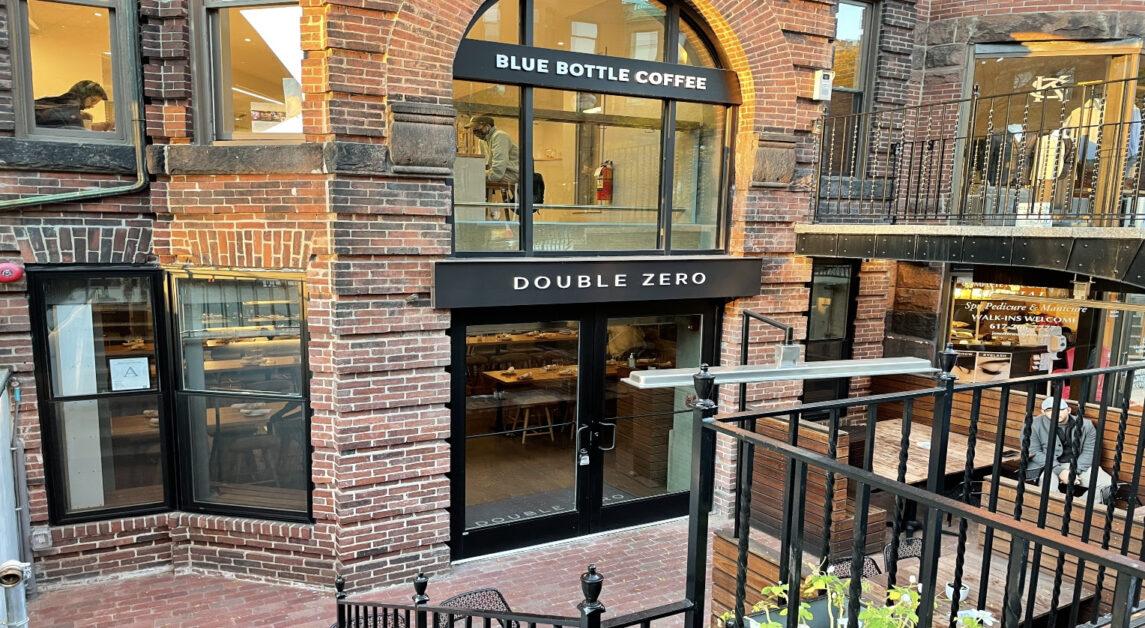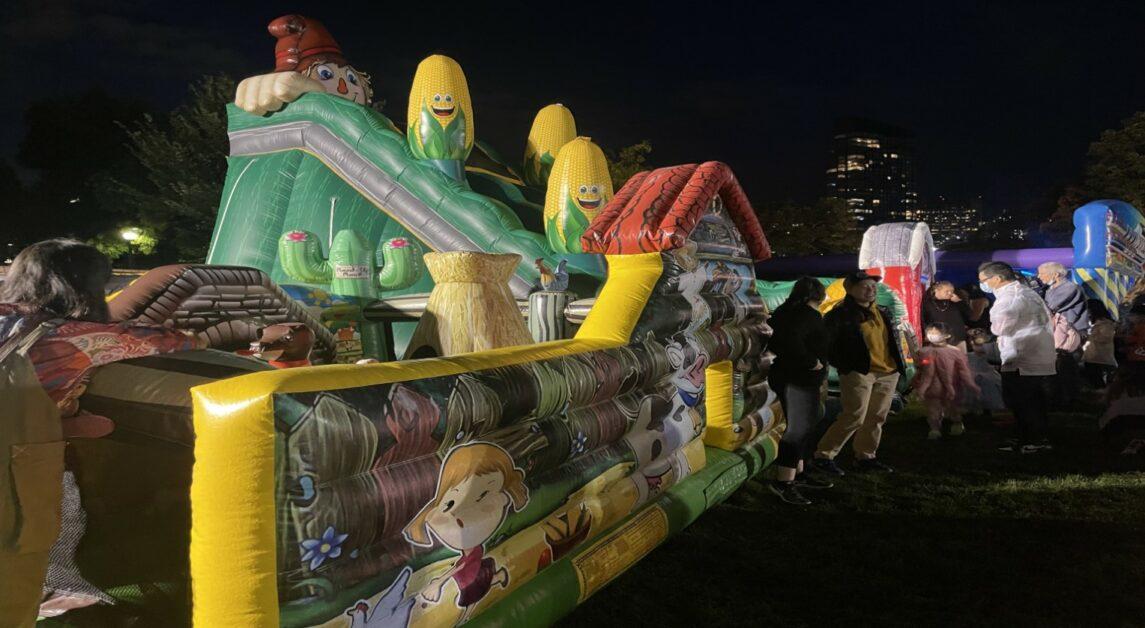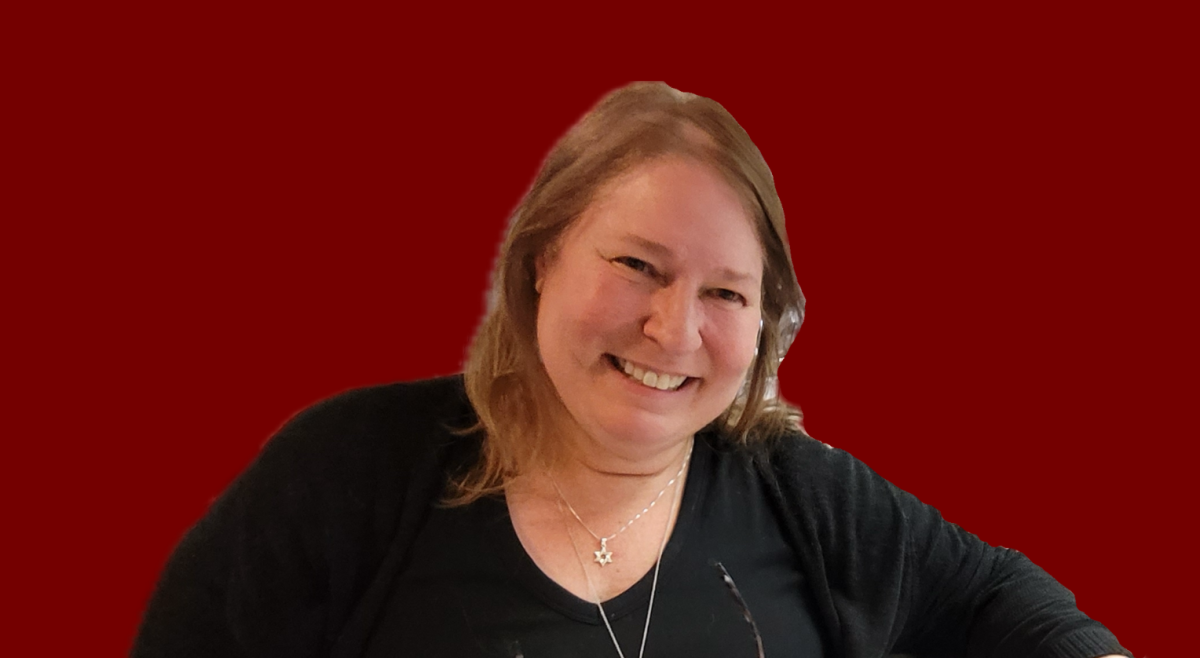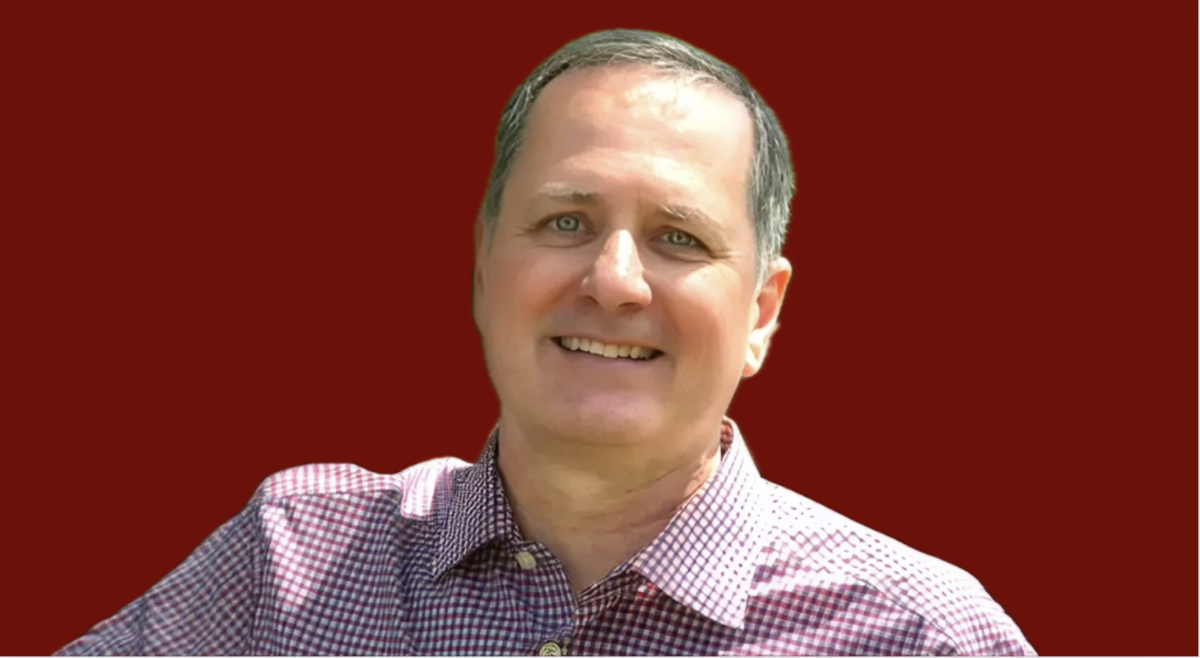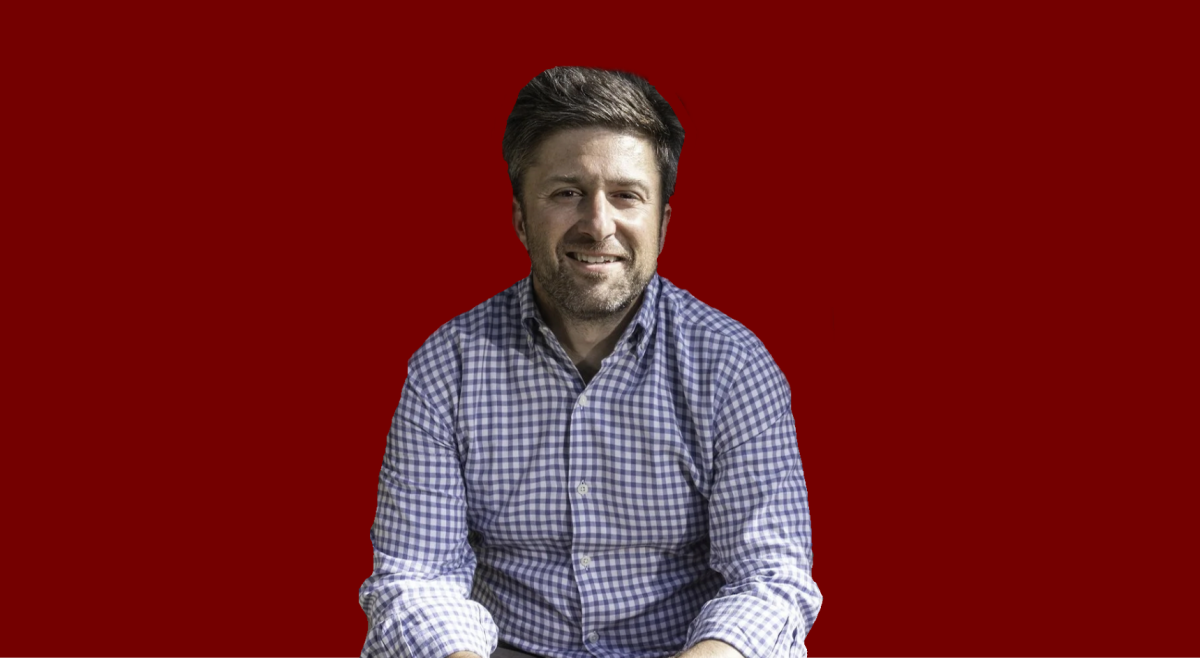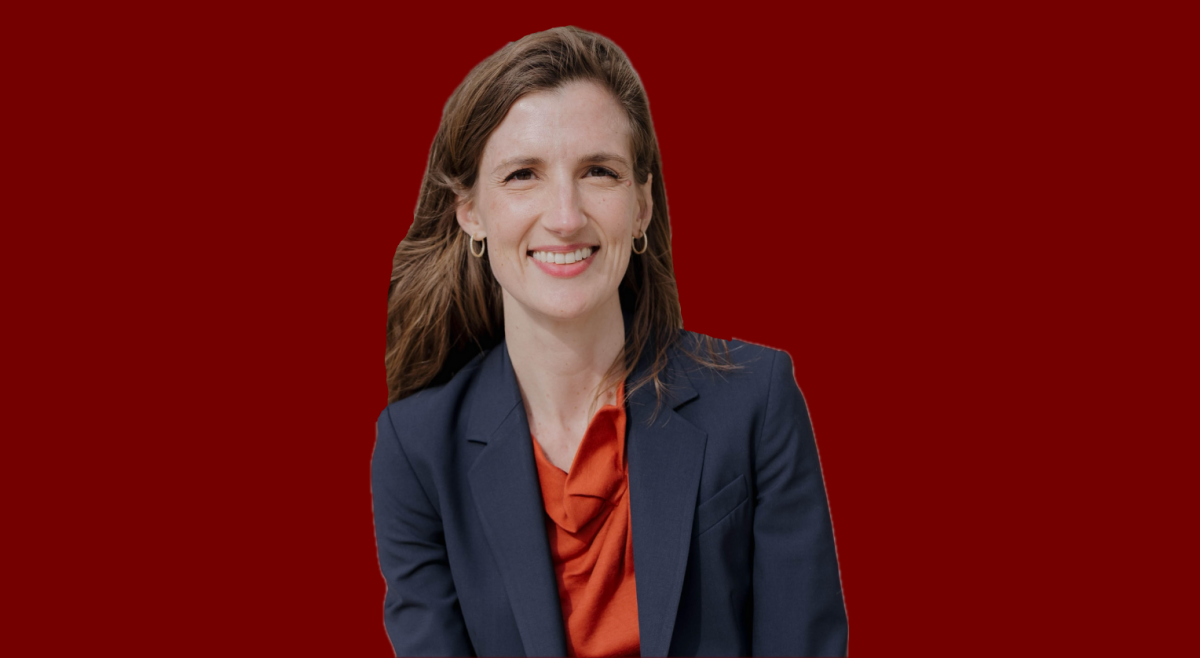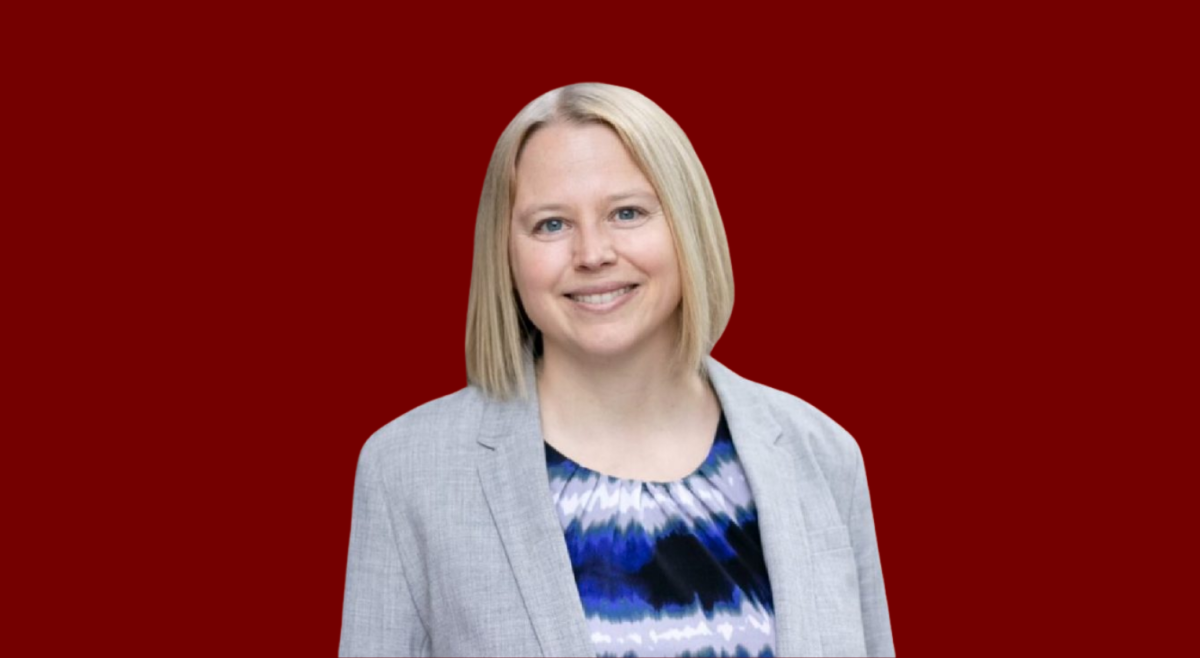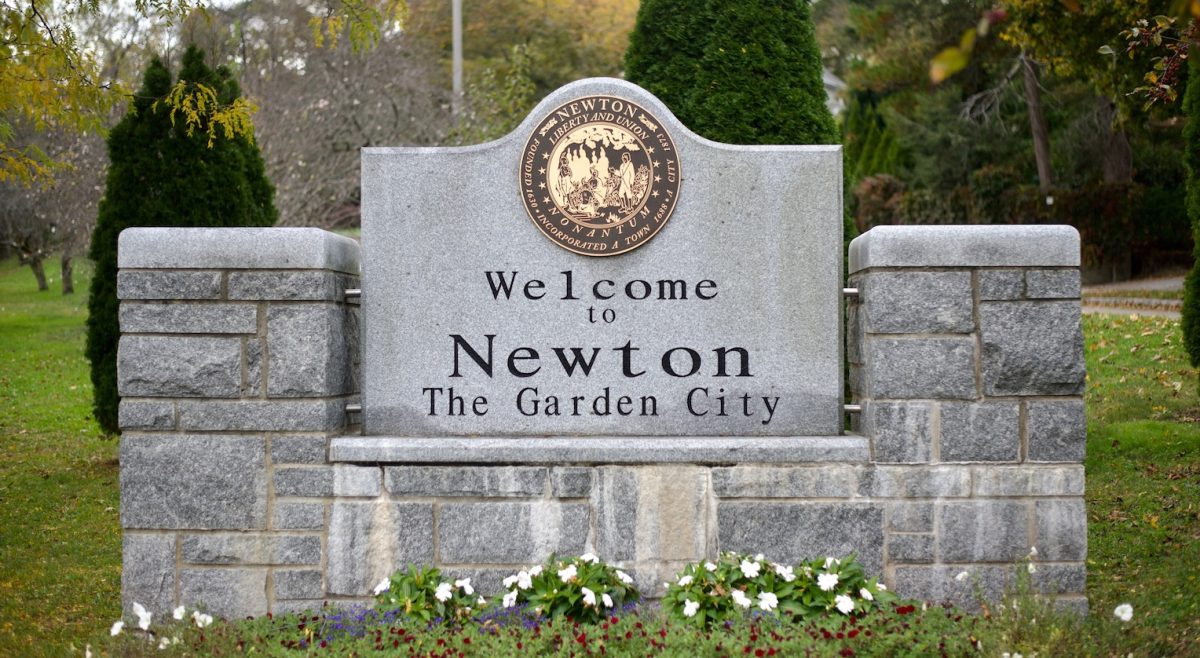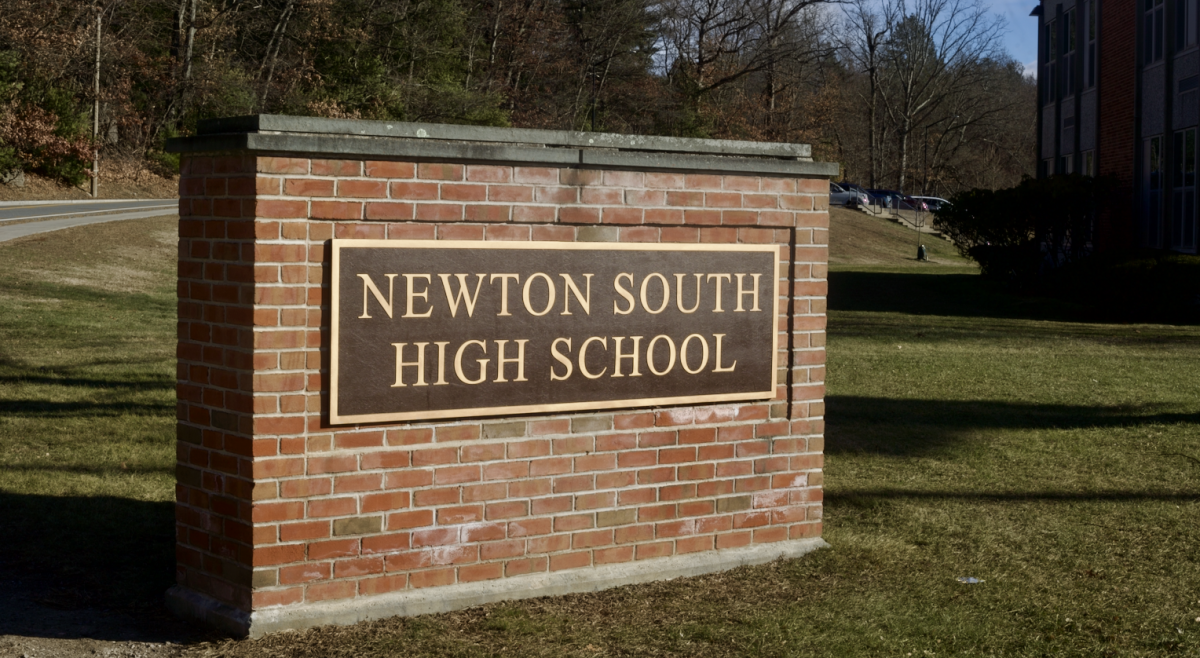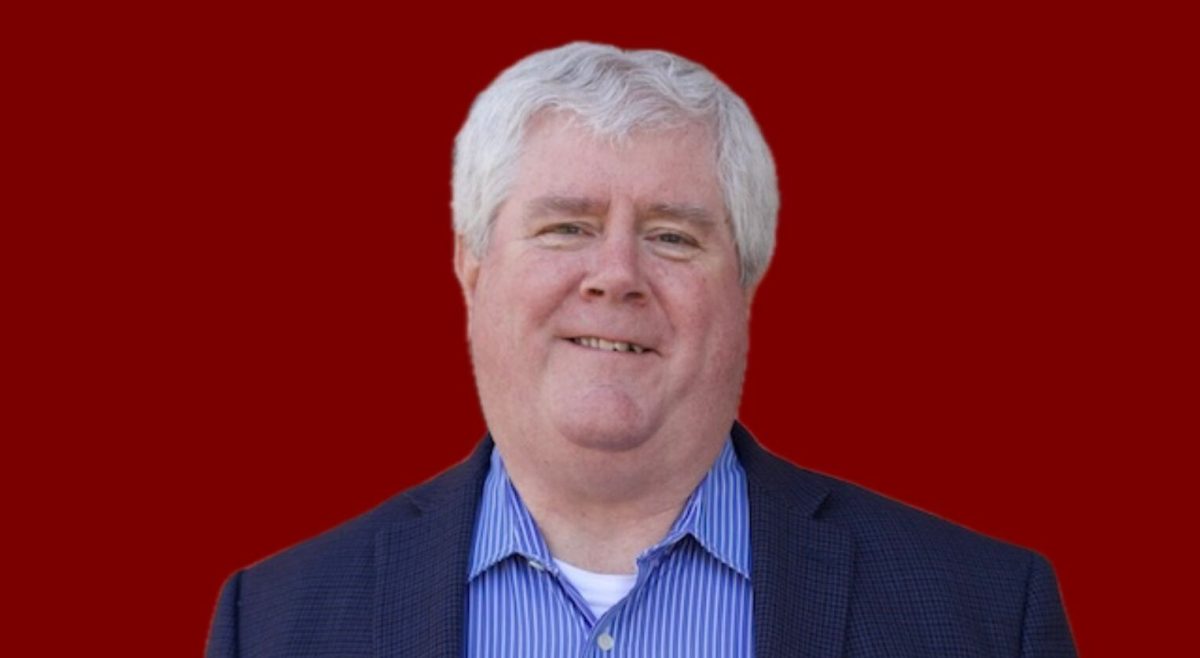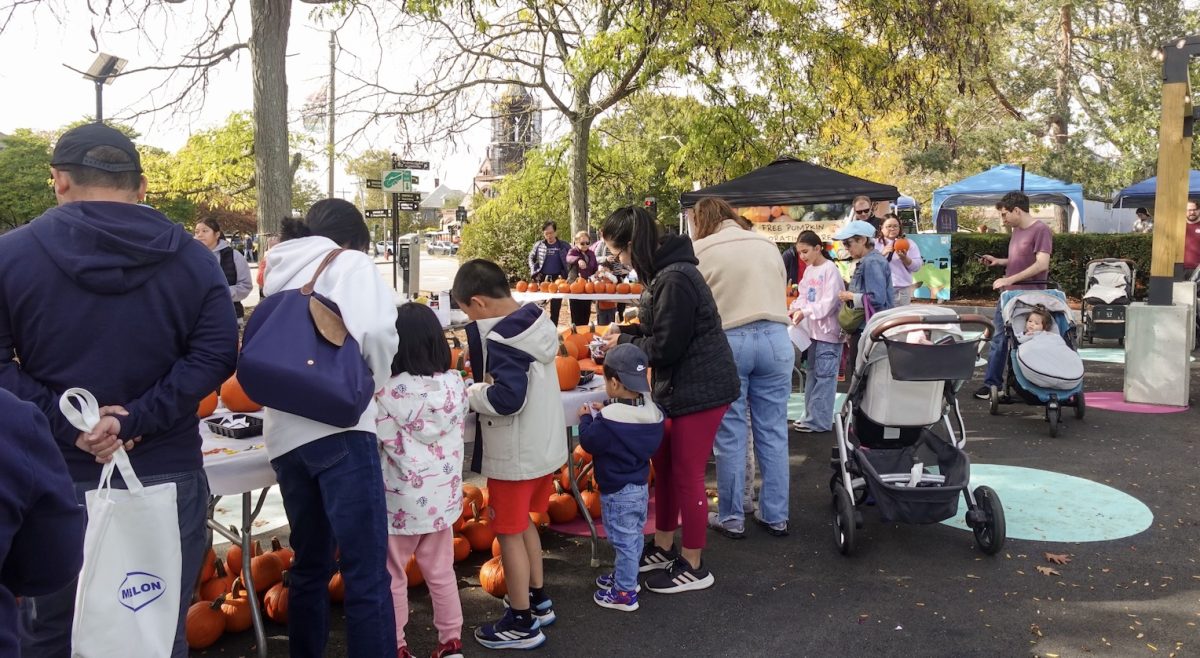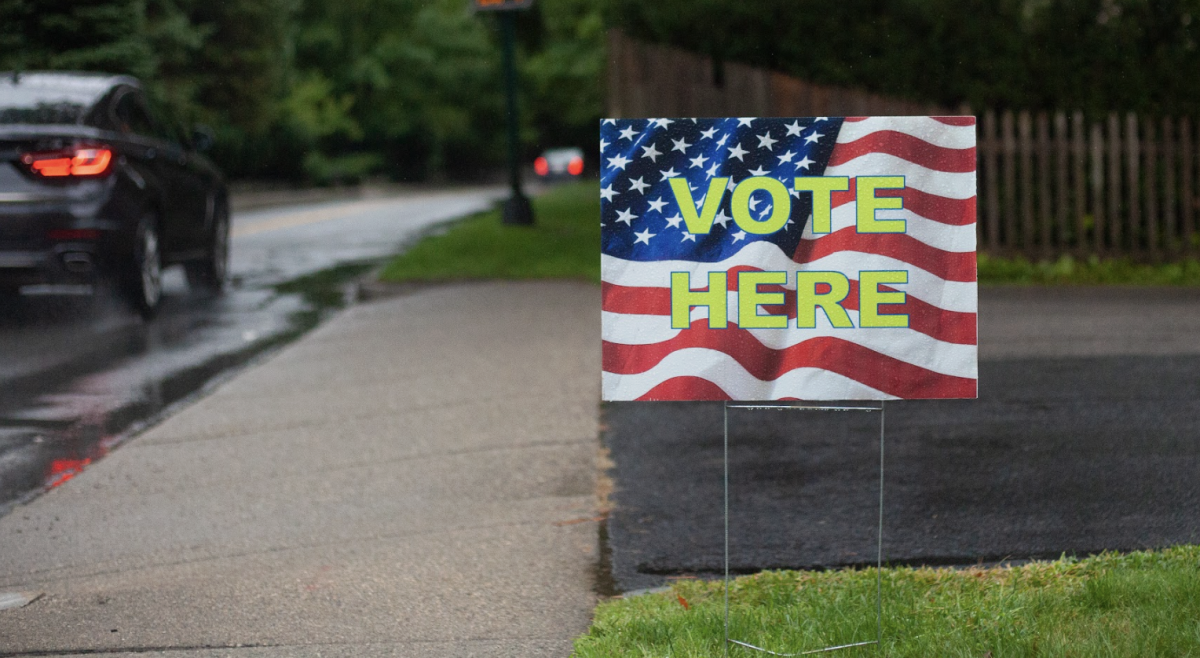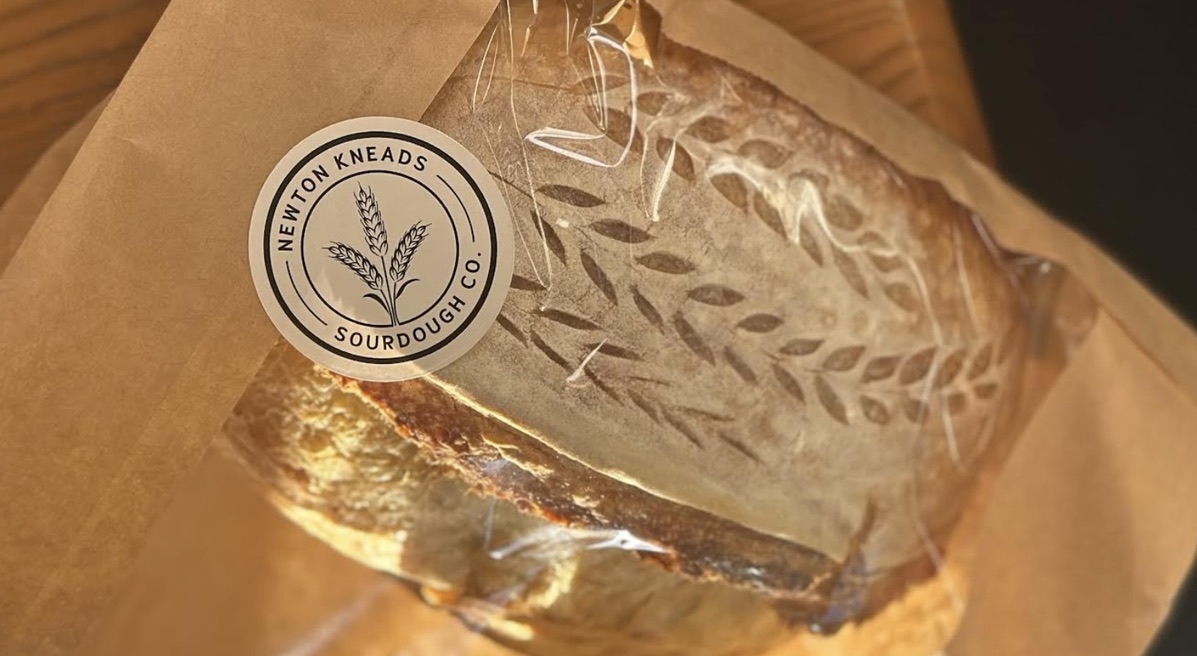Editor’s Note: Dmitry does not want his last name published online, an exception granted by The Heights. He has relatives in Russia, and said he fears what would happen to them if an article revealing his identity is traced back to the country.
Dmitry and Aleksey Vyazovsky said they have had their day-to-day lives turned upside down since Feb. 24.
The Russian invasion of Ukraine has left the two Ukrainians, who immigrated to the City of Newton seeking better lives, in a state of uncertainty.
Both have loved ones who are still in Ukraine, and Vyazovsky said he no longer feels safe even in Boston.
“But even—the interesting thing—even here, I’m not feeling safe now, just because of one crazy guy that has nukes in his power,” he said.
Dmitry first left Kyiv in 1991 before immigrating to Israel and then eventually to Newton.
Dmitry said that as a Jewish person under Soviet rule in 1991, he feared persecution and discrimination. Vyazovsky, who immigrated to Newton only recently, said he wanted to escape the corruption that plagued all levels of the country’s government.
Both Dmitry and Vyazovsky live in the area with their young children, and despite the gravity of the war, the parents said they talk openly with their children about the ongoing crisis.
“We explained to [the] kids what happened from the very beginning,” he said. “And they knew before that Russia started the war in 2014.”
Recently, Vyazovsky’s daughter asked about the attack on Snake Island, where Russian soldiers killed 13 border guards after they refused to surrender, according to The Washington Post.
“My daughter asked me just, ‘Why did they kill these people?”’ he said.
Vyazovsky was born and raised in Sevastopol, a city near the southern tip of Crimea, where many in the Peninsula—invaded by Russia in 2014—are ethnically Russian.
“My parents were born both in Russia,” he said. “They came from Russia and they … associated themselves with Russia until now.”
According to Vyazovsky, before the most recent invasion, more Russian flags hung around Sevastopol than Ukrainian flags—since many on the peninsula supported Russia after they invested in housing throughout the area.
“They built houses [and] apartments for citizens there,” he said. “That strengthened the support of the population.”
Growing up, Vyazovsky said ethnic differences throughout the peninsula did not affect his childhood.
“It was just a normal childhood,” he said. “So nobody [cared if the region was] a part of Ukraine or Russia.”
Vyazovsky moved to Kyiv in 2014, where he said few supported Russia. In the city, he said he lived comfortably working in software development until he left the country in 2018. He came to the United States looking to escape the rampant government corruption in Ukraine.
“I was looking … to live in a country where the law is respected,” Vyazovsky said. “In Ukraine, unfortunately, the law was not respected. There was so much corruption on every level of the society, so that was the main reason for me.”
Dmitry, who moved to Newton over 20 years ago, lived in Kyiv until he was 22, but when Dmitry’s family had the opportunity to leave the city in 1991, they took it, he said.
“When Gorbachev started perestroika and opened the doors of the Soviet Union, we left for Israel,” Dmitry said. “Me and my parents, we left to Israel immediately after we were able to leave.”
Leaving was a good decision, Dmitry said, explaining how he had experienced discrimination in Soviet society due to his Jewish identity.
After leaving Kyiv and immigrating to Israel, Dmitry began working as a software engineer. And 10 years later, his job allowed him to immigrate to the U.S.
“I moved countries, but … I did not change [employers],” Dmitry said.
The war—according to both Dmitry and Vyazovsky—has really been going on since the 2014 Crimea invasion.
Since then, Vyazovsky said he has boycotted Russian products.
“In Ukraine, you could find, [at] the time, find some Russian goods,” he said. “And here as well, but I never bought them myself. That was just my personal sanctions.”
Before the Feb. 24 invasion—and before others in the U.S. and Europe joined Vyazovsky’s boycott—he said he hoped the tensions between the two countries would subside, as they had in the past.
“Russia always did the same [escalations] for eight years starting in 2014,” he said. “It always did the same before the start of negotiations to trade off some escalation to something favorable for them.”
Dmitry, who lived in the U.S. during the 2014 escalation, said that after moving to Boston, it took him time to find the Israeli community in the area. Prior to this, he said he only knew his family and the few friends who immigrated with him.
As the tensions increased over recent years, Dmitry said he believed that a full-scale invasion of Ukraine could happen.
“We understood that it can happen,” he said. “Putin is [a] former KGB employee. Putin is [a] former communist. It was clear that this person can start everything.”
Vyazovsky said he was traveling home from a business trip last month when Russia invaded Ukraine.
“When I just landed, I checked the news and I realized … that the war began,” he said. “I was really deeply shocked. And I … started to tremble because I was so nervous.”
After the invasion, Dmitry said he was worried the Russian military would soon besiege Ukrainian cities.
“I was afraid that the Russian forces can actually enter major cities in a few hours or days,” he said. “And it was real fear, that it will happen.”
Now, Vyazovsky said prevalent thoughts about the war are still occupying his mind, affecting his concentration.
“It’s hard for me to do some normal, regular work [and] to focus on my work,” he said. “[The war] distracts so heavily—just checking the news hourly and thinking about the relatives there and friends there.”
Both Dmitry and Vyazovsky attended recent rallies in Boston supporting Ukraine.
“Some of my former colleagues joined [and a] former customer joined [the rally],” Vyazovsky said. “I know that people around [Boston] try to support somehow.”
He said rallies are an important way to spread awareness about the war to those with the power to do something about the crisis.
“We need to do that to spread the word, spread the news, and explain what happens, and to make clear for the representatives—for the city authorities, for the state authorities—that they need to address [the crisis] somehow,” Vyazovsky said.
Right now, Dmitry said he is working to evacuate loved ones out of Kyiv, providing monetary support and information about the state of the country and the rest of Europe. Life is not normal in the city right now, Dmitry said, but he is still able to talk to his friends and family on a regular basis.
“I have friends [who] currently, we are trying [to] … get them out,” he said. “[It’s] still difficult for many reasons.”
According to Dmitry, bringing loved ones to the U.S. is close to impossible right now, and it is even difficult to move them elsewhere in Europe.
“European countries, they’re already overloaded,” he said. “The world, not just [Europe], was not ready for this situation where you have three million refugees in the middle of Europe.”
Vyazovsky also still has loved ones in the country. His brother and brother-in-law settled in Western Ukraine after fleeing shellings in Kyiv, he said.
“My close friends and family [and] extended family [are] there,” Vyazovsky said. “They are safe now.”
Dmitry and Vyazovsky both said they hope the war leads to the collapse of the Russian state.
“Our mission—Ukraine’s mission—is just to fight for [its] own life and independence,” Vyazovsky said. “But eventually, I think it will lead to Russia’s decay.”
Dmitry also said he hopes to see Western nations place tougher sanctions on Russia.
“We, as the United States government and EU, should ban all exports to Russia, including food and medicine,” he said. “It means complete blockade … I mean everything … except insulin and cancer medication.”
But overall, Vyazovsky said he just wants the war to remain relevant in the public eye.
“I think that’s important to keep that on the news because … next week, or next month, [something else might happen], and just, it will just go away without some positive outcome for Ukraine,” he said. “I think we need to use this moment to just talk about that as much as possible—to explain to people that it affects not only Ukraine, it affects the entire world.”
Featured Graphic by Annie Corrigan / Heights Editor

